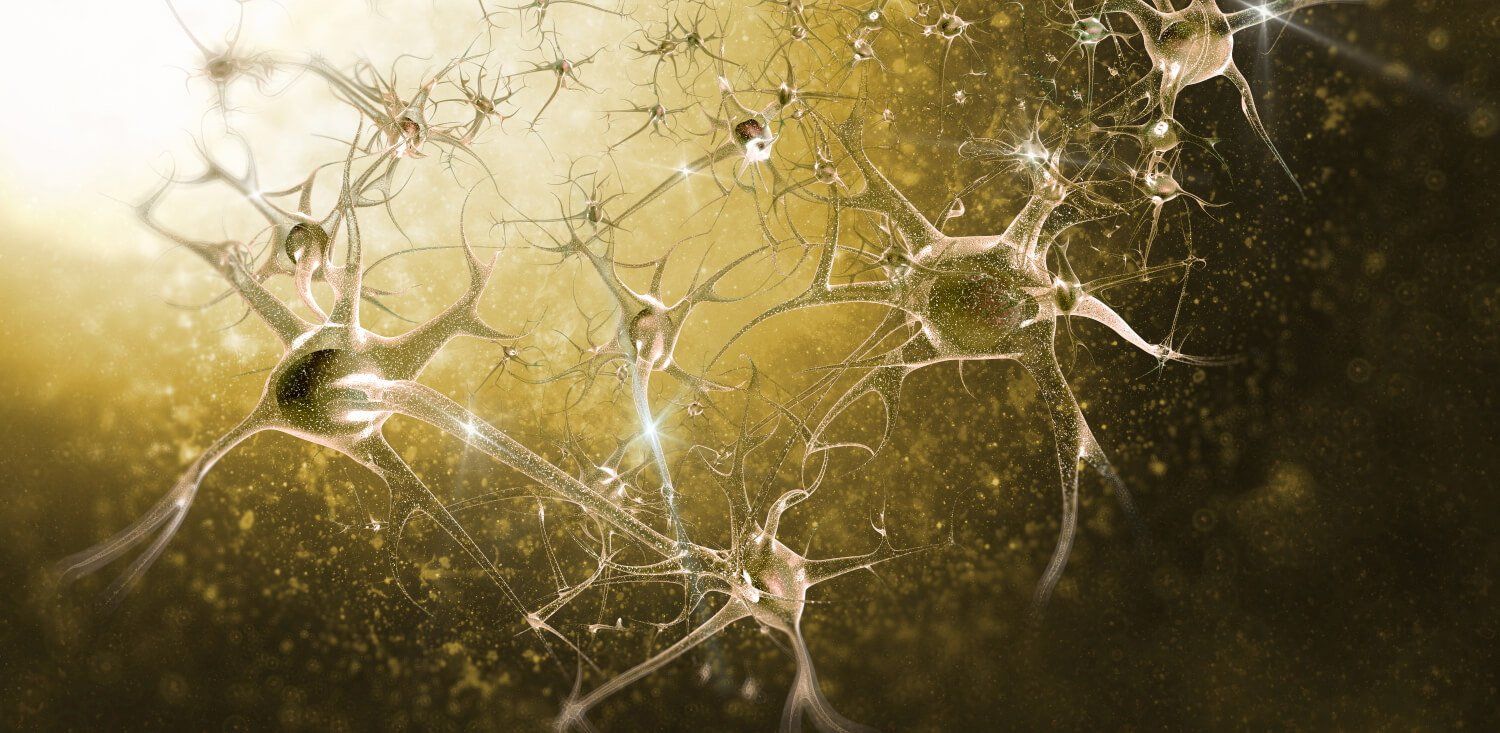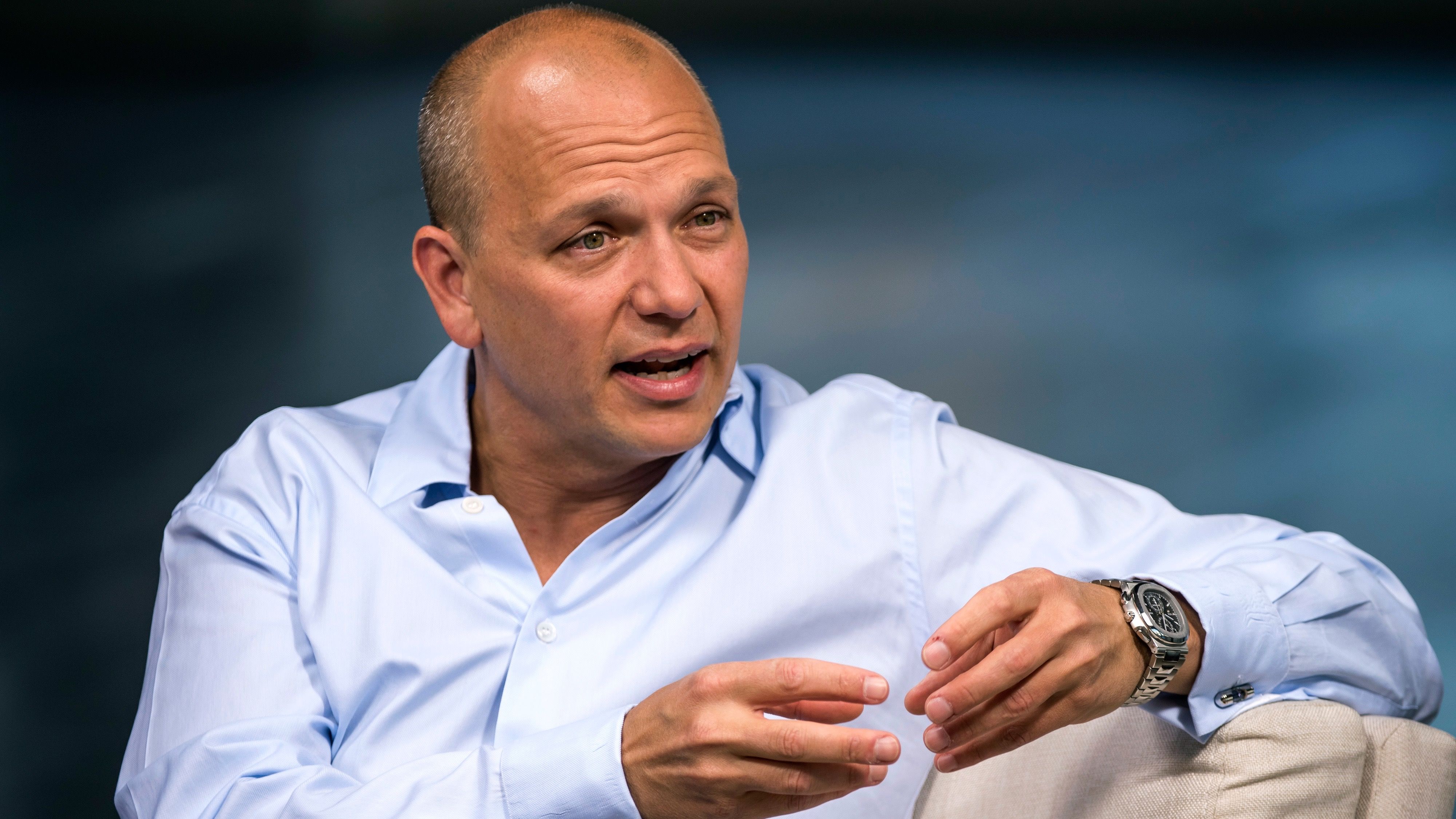Nov 24, 2015
Ray Kurzweil: This is your future
Posted by Shailesh Prasad in categories: food, Ray Kurzweil, solar power, sustainability
By 2030 solar energy will have the capacity to meet all of our energy needs. The production of food and clean water will also be revolutionized.
Kurzweil believes solar energy could satisfy 100% our power needs. — CNN
If we could capture one part in ten thousand of the sunlight that falls on the Earth we could meet 100% of our energy needs, using this renewable and environmentally friendly source.
As we apply new molecular scale technologies to solar panels, the cost per watt is coming down rapidly. Already Deutsche Bank, in a recent report, wrote “The cost of unsubsidized solar power is about the same as the cost of electricity from the grid in India and Italy. By 2014 even more countries will achieve solar ‘grid parity.’”















